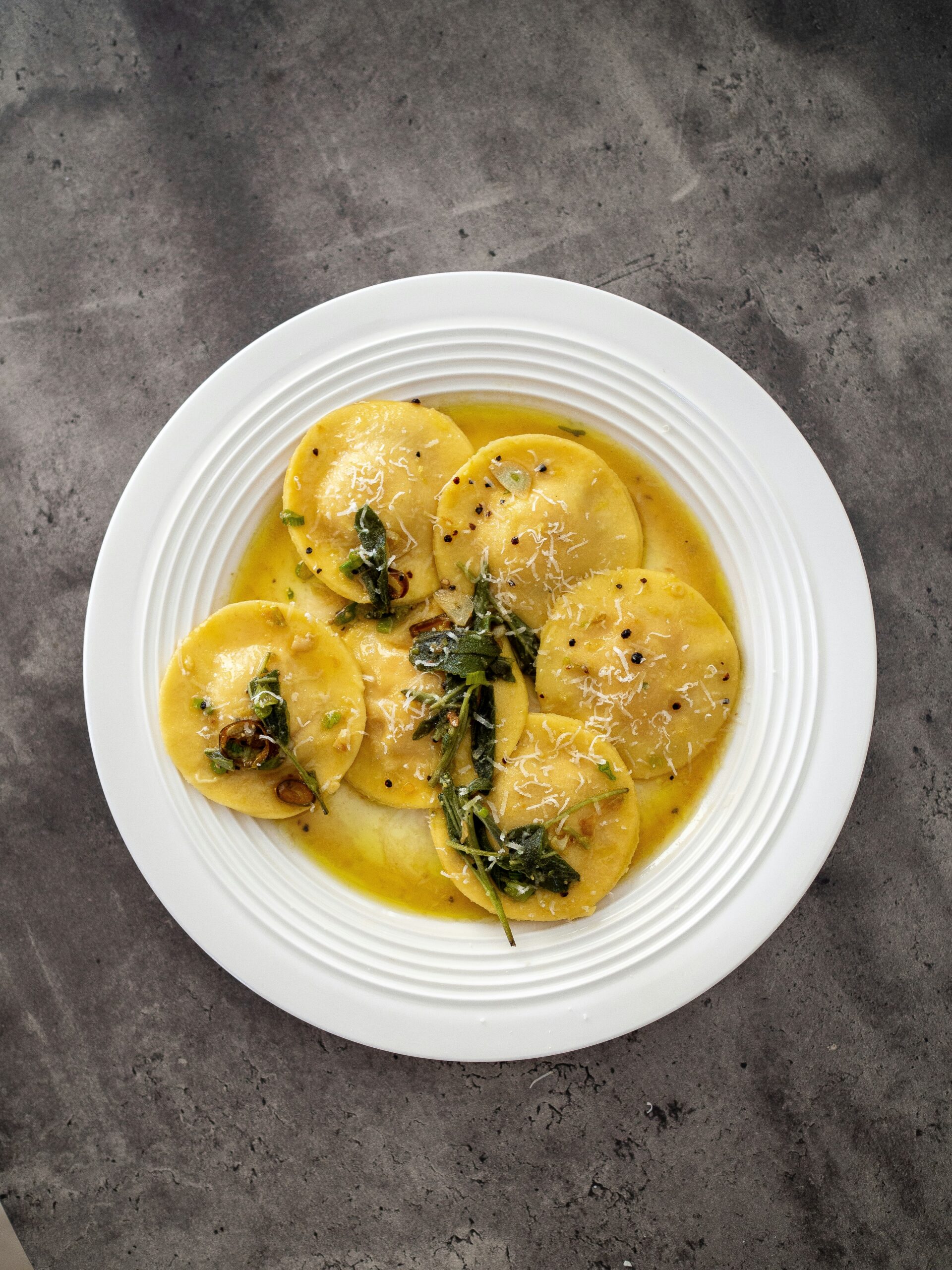In the bustling world of Italian cuisine, efficiency is key, especially when it comes to crafting traditional dishes like ravioli. Professional ravioli makers have revolutionized kitchen operations, enabling chefs to maintain the authenticity of their dishes while significantly speeding up production. This article explores how these specialized tools have become essential in modern Italian kitchens, enhancing both productivity and culinary quality.
## The Role of Professional Ravioli Makers in Italian Kitchens
### Consistency and Quality
One of the primary advantages of using professional ravioli makers is the consistency they bring to the pasta-making process. These machines ensure that each piece of ravioli is uniformly sized and sealed, which not only enhances the presentation but also ensures even cooking. Consistency in size and shape is crucial in high-volume kitchens where the expectation is to deliver the same high-quality experience to every diner.
### Speed and Efficiency
Professional ravioli makers streamline the preparation process by automating the most labor-intensive parts of pasta making. Traditionally, making ravioli involves rolling the dough, spooning the filling, and then carefully sealing each piece to ensure the filling stays intact during cooking. A raviolatrice professionale simplifies these steps, often producing multiple rows of ravioli in the time it would take to make just a few by hand. This rapid production capability is invaluable during peak restaurant hours, allowing kitchens to serve fresh pasta without lengthy wait times.
## How Ravioli Makers Enhance Kitchen Operations
### Reducing Labor Costs
By incorporating a ravioli maker into kitchen operations, restaurants can allocate their staff more efficiently. With the machine handling the bulk of ravioli production, chefs and cooks can focus on other aspects of meal preparation and service. This not only optimizes labor costs but also enhances overall kitchen productivity, as employees can attend to more complex or creative tasks.
### Expanding Menu Options
With the ability to produce large quantities of ravioli quickly, restaurants can expand their menu offerings to include a wider variety of fillings and ravioli shapes. This variety can become a significant draw for customers looking for a unique dining experience. It also allows chefs to experiment with seasonal ingredients and special promotions without disrupting the kitchen’s workflow.
## Practical Considerations for Implementing Ravioli Makers
### Choosing the Right Machine
Selecting the appropriate ravioli maker depends on the restaurant’s size, expected volume, and menu needs. Machines vary in terms of capacity, speed, and the types of ravioli they can produce. Investing in a high-quality machine that aligns with specific kitchen requirements is crucial for maximizing the benefits of this technology.
### Training and Maintenance
To get the most out of a ravioli maker, proper training and maintenance are essential. Kitchen staff should be trained not only on how to operate the machine efficiently but also on how to clean and maintain it to prevent breakdowns and extend its lifespan. Regular maintenance checks and following the manufacturer’s instructions ensure the machine performs at its best at all times.
## Conclusion
Professional ravioli makers have transformed kitchen operations in the realm of Italian cuisine by enhancing efficiency, consistency, and creativity. These machines support high-volume production without sacrificing the quality Italian food is known for, making them indispensable tools in modern culinary settings. As the demand for traditional, yet quickly served Italian dishes continues to grow, the role of professional ravioli makers in kitchens around the world is set to become ever more vital.





Leave A Comment